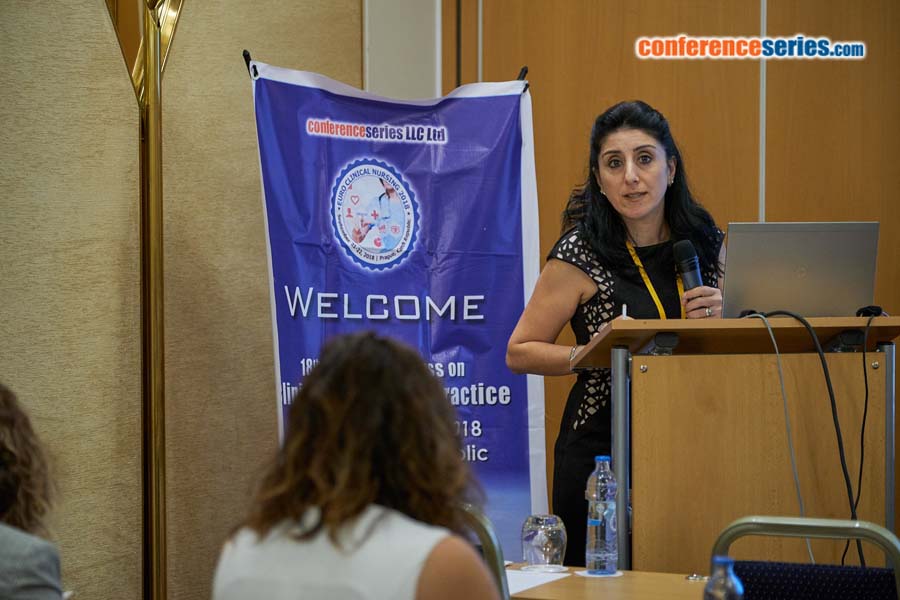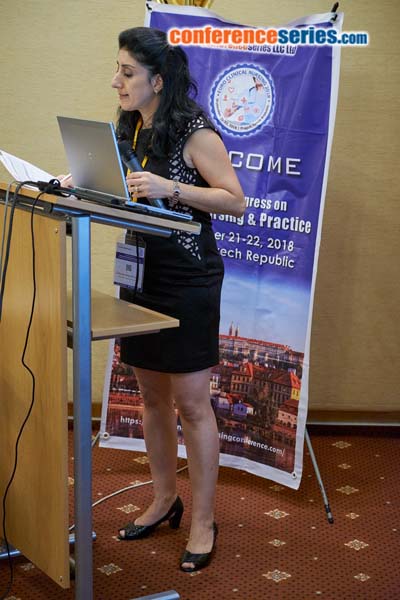
Zuleyha Simsek Yaban
Kocaeli University, Turkey
Title: Can postoperative urinary retention be prevented by nursing interventions?
Biography
Biography: Zuleyha Simsek Yaban
Abstract
Although the surgical intervention became more trustable depending on the developments in the anesthesia and surgical techniques, various complications such as urinary retention might be developed in the postoperative period that affects many systems. Postoperative urinary retention (PUR) might cause to atony on the bladder walls, urinary system infections, chronicle nephropathy and sepsis development, besides the general complications such as pain, discomfort, zonesthesia, disturbance in the heart rhythm, increase/decrease in blood pressure and weariness. The continuation of the patient’s excretion function is one of the important responsibilities of the nurses. Nurses might be effective in preventing and management of PUR by taking initiatives. These responsibilities might be expressed as; determining risky groups, preventing postoperative urinary retention development, early realization and when developed, managing the urinary retention by using appropriate nursing interventions. It is expected from the nurses to do these responsibilities with a systematic approach and providing a care in cooperation with the doctor. This kind of approach is very important in shortening the time the patient spent in the hospital, increasing the comfort/satisfaction of the patients, preventing complications, avoiding unnecessary usage of analgesics and increasing the quality of life. A nurse should encourage patient, provide the appropriate environment, establish a reassuring relation and apply nursing initiatives for a normal urination. If no urination takes place within 8-10 hours after the operation despite all of nurses’ initiatives, catheterization should be applied as a final resort. Unitary catheterization is frequently used in the diagnosis and treatment of urinary retention. However, this initiative too increases the risk of urinary system infection. The urinary system infections are believed to be responsible for about 40% of the nosocomial infections. While using a catheter for the first time in a patient, the bacteriuria probability changes one to 10% per day, after the first week, bacteriuria is observed to be developed in 10 to 40% of the patients. Preventing the development of PUR, early detection and treatment of PUR holds great significance. Nurses can prevent PUR with nursing interventions, which they will apply from admission of the patients to the clinic.
Speaker Presentations
Speaker PPTs Click Here







